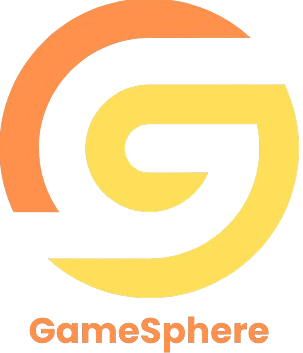In the domain of the scholarly world and then some, admittance to information has forever been hailed as the foundation of progress and illumination. However, the customary roads for getting to insightful works — through scholastic diaries, course books, and libraries — have frequently presented critical hindrances, both monetary and calculated, for some people all over the planet. Enter Library Beginning, a computerized library that has arisen as a lib genesis progressive power in democratizing admittance to information.
Library Beginning, frequently condensed as LibGen, is a stage that gives free admittance to a great many exploration papers, logical articles, reading material, and the sky is the limit from there. Established in 2008 by a gathering of Russian activists, LibGen was conceived out of an honorable objective: to make academic materials open to anybody with a web association, no matter what their monetary assets or institutional affiliations.
At its center, LibGen works on the standards of opportunity of data and open access. It sidesteps paywalls and membership boundaries that limit admittance to academic substance, in this way evening the odds for analysts, understudies, and lovers around the world. The stage flaunts a broad assortment that traverses across different disciplines, from material science and math to writing and history.
One of the key elements that put Library Beginning aside is its easy to understand connection point and convenience. Clients can just look for the title, creator, ISBN, or DOI of the ideal distribution and in practically no time, access a downloadable duplicate in different configurations, including PDF and EPUB. This openness has made LibGen a go-to asset for a great many people who might not approach very much financed libraries or scholarly foundations.
Be that as it may, the ascent of Library Beginning has not been without contention. Distributers and copyright holders have frequently seen the stage as a danger to their income streams, prompting fights in court and endeavors to close down or limit admittance to the site. In spite of confronting various difficulties and takedown sees throughout the long term, LibGen has figured out how to drive forward, thanks to a limited extent to its decentralized nature and the help of its devoted client local area.
Additionally, Library Beginning has ignited significant discussions about the eventual fate of academic distributing and the job of copyright in the computerized age. While some contend that stages like LibGen sabotage the customary distributing model and deny creators and distributers of their legitimate pay, others see it as an important disruptor in an industry tormented by over the top membership charges and access obstructions.
Lately, there has been a developing acknowledgment of the requirement for elective models of insightful correspondence that focus on openness and reasonableness. Drives like open access diaries and preprint storehouses have gotten momentum, flagging a shift towards a more comprehensive and evenhanded arrangement of information scattering. Library Beginning stands at the front of this development, rocking the boat and supporting the standards of data opportunity and scholarly fortitude.
All in all, Library Beginning addresses a milestone development in the journey for widespread admittance to information. By giving free and unlimited admittance to an immense vault of insightful works, LibGen has engaged great many people to seek after their scholarly interest and add to the headway of human comprehension. While its lawfulness might be challenged, its effect on the scholastic scene is irrefutable. As we explore the intricacies of the computerized age, Library Beginning fills in as an encouraging sign for a future where information exceeds all logical limitations.
